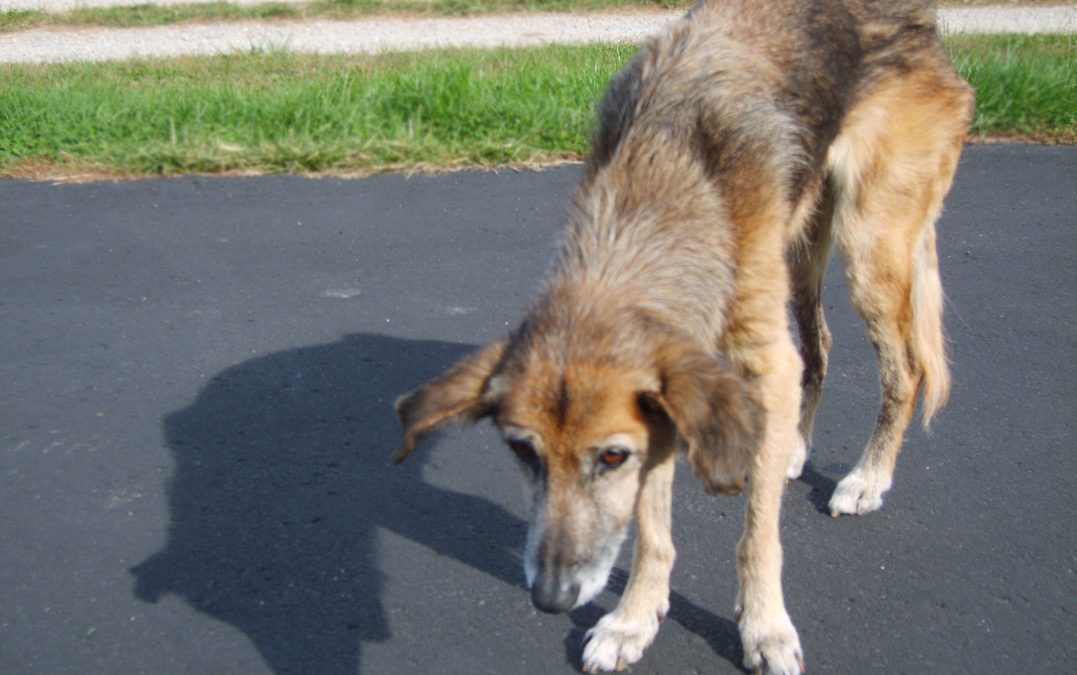Table of Contents
Is kennel cough contagious to humans? Here’s the thing, kennel cough isn’t like a common cold that human beings experience. Vets will tell you that kennel cough is classified as a bacterial infection in an animal’s upper respiratory area. Is kennel cough contagious to humans? Kennel cough causes the brochi and trachea to become inflamed which results to your cat or dog coughing up. It’s only contagious to fellow dogs and cats especially those that haven’t been vaccinated. Senior and newborn pups and kittens are also at a higher risk. In this article, you’ll learn is kennel cough contagious to humans?
Is Kennel Cough Contagious to Humans: How It Spreads
Your dog or cat can get kennel cough if they get infected from another pet. This is usually transferred through infected bodily secretions. For instance, drinking from the same water bowl or spending time playing and drooling on one another can make the infection spread between dogs or cats.
Kennel cough can also be acquired through very tiny droplets as a dog/ cat coughs it up into the air. If it’s breathed in by another dog/ cat, then he/ she may likely get infected. This is the same with the transmission of common colds or even flu among humans. However, is kennel cough contagious to humans? Nope.
Silent Carrier
While it can be obvious when your dog or cat is ill due to various signs and symptoms such as appetite loss, mucus discharge, lethargy etc. most of the time, kennel cough can go unnoticed for days while the disease is still spreading on its body. In fact, silent carriers of kennel cough make it difficult to eradicate altogether. This is especially true if your dog or cat is always interacting or they are living in the same space. By the time the symptoms appear, your pet might have been a silent carrier, and he/ she has spread the virus to your other pets. Many dog and cat owners also bring their pet to day cares and parks, and this is where the virus spreads even more.
Symptoms of kennel cough include subtle coughs or loud coughs, reverse sneeze, mucus discharge, loss of appetite, crusty eyes, lethargy, and fever.
Common Vaccines
Another reason why kennel cough is hard to contain is that the virus mutates every second. This is why dog and cat vaccines may not cover all strains of kennel cough that have developed in the past 6 months. The most common vaccines only cover the following:
- Bordetella bronchiseptica
- Adenovirus Type 2
- Parainfluenza
Vaccines don’t cover against any other infectious agents that may cause kennel cough. This is why having your pet vaccinated at least every six months is key because it will definitely protect your pet against the most common kennel cough strain out there. It can also provide a strong immune system against newly mutated strains.
If your pet is showing signs of lung infections, make sure to take him/ her to the vet. Breeds like bulldogs and those with flat – nose should be treated immediately because they usually have a hard time breathing.
As mentioned earlier, kennel cough is a virus and a bacterial infection. And even in humans, there’s really no cure for a virus. Many vets recommend that you watch the symptoms such as if your dog or cat discharges a yellowish or greenish goop on their mouths/ nose, and provide them with plenty of rest.
Antibiotics
Vets will only prescribe antibiotics if the dog’s own immune system doesn’t clear up the viral infection. However, if the dog develops fever, nose or mouth discharge etc., a vet will most likely prescribe antibiotics. This is to prevent any other complications.
Keep in mind that kennel cough symptoms such as decreased energy level and decrease in appetite can be a little tricky. If you think your dog or cat has kennel cough, then keep them isolated from other pets for at least 2 weeks until this problem is gone. It’s also best that you disinfect your hands after handling your infected pet especially if you plan on touching other pets to prevent spread of virus.
Putting It All Together
Most importantly, please keep your dog away from other dogs for at least 2 weeks and until coughing is completely gone. At camp we keep any coughing dog isolated for 2 weeks and 4 days after last cough to make sure no other dog is infected. It is also very important you disinfect your hands and clothing after having handled a dog with kennel cough and before touching another dog. As you now know, it is a very contagious disease for other pets.
Many vets also recommend that you need to keep your dog or cat well socialized. In most cases, kennel cough is not worse than the average cold for us humans. This is why it’s not a reason to completely isolate your pet from its playmates and fun times in dog parks. In the long run, a well – socialized pet that contracts the occasional kennel cough is better than one that’s being kept away from its own kind. Just like humans, spending time with people you love can ultimately help you recover.






 Author and long-time animal lover. Sharing knowledge on pet care through experience and the written word.
Author and long-time animal lover. Sharing knowledge on pet care through experience and the written word.